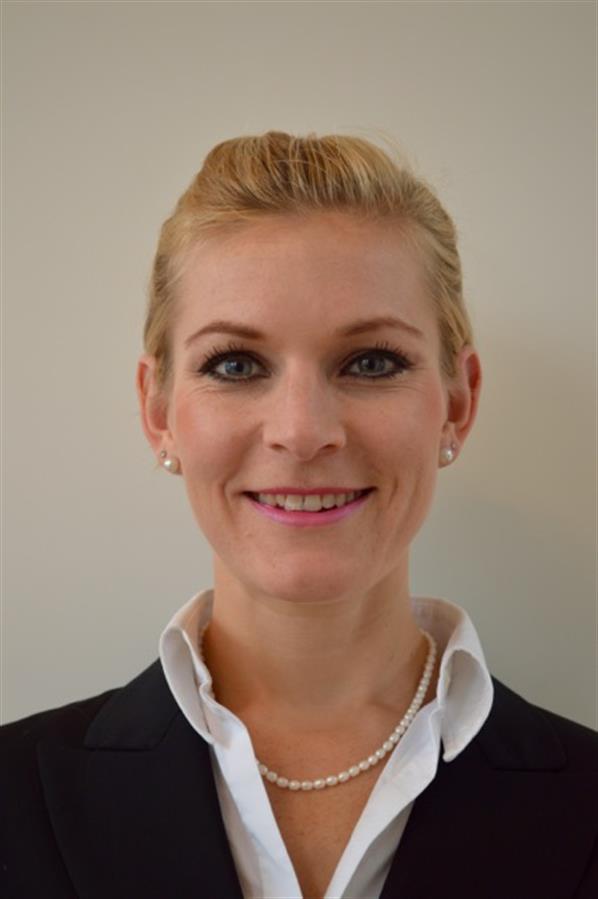
accadis ISB is now an official IB World School authorized to offer the International Baccalaureate Diploma (IB) Programme which is recognized in Germany and globally as a university entrance qualification. In our new series “We are IB” we will show which paths IB-alumni can take: IB-alumni will introduce themselves, talk about their time as an IB-student, about the advantages and challenges of the IB Programme as well as their subsequent career. We start with Alana.
Please, introduce yourself to us.
Alana: I am Alana, 32 years old and I am a pilot for Germanwings. I live in Berlin, Germany.
What were your first career steps after receiving your IB Diploma? Which university did you attend after your IB education and which university degrees were bestowed?
Alana: I graduated from an international school with the IB Diploma in 2002 and then went on to study Manufacturing Engineering at Churchill College, Cambridge. I attained my B.A. and M.Eng (Master of Engineering) in 2004.
What was your first job after IB and university?
Alana: Right after the IB I did an internship at Lufthansa Technik and worked as a flight attendant as a gap year job. After university I worked as an investment banker at the Royal Bank of Scotland for one year before realizing my dream and becoming a pilot.
Was your IB Diploma ever a topic in a job interview?
Alana: Both universities and potential employers asked me about my high school diploma and the grade was a criteria for universities. However, most job interviews required a university degree.
How do you evaluate the IB Diploma as preparation for university? Do you think the IB Diploma is an advantage in comparison with other degrees?
Alana: I think the IB was an excellent preparation for university, regardless of the subject of study. Being able to choose six subjects – split into high and low – provided a great opportunity to prepare in-depth a future subject of interest for university.
What do you value most concerning your IB education, which elements of the IB Programme do you still remember today?
Alana: I remember teachers with a lot of personal involvement and engagement, a wide range of choices in subjects, a lot of support. The material taught was in-depth but also varied. The IB prepared me not only for university but also for life, through subjects such as TOK and the Extended Essay. Students are taught to learn for themselves and not just for teachers and exams. I had a lot of fun learning and was supported doing it. I also greatly appreciated the non-biased international exam grading system that makes it virtually impossible to be graded on teacher preferences.
Whom would you advise to receive an IB education? What skills should a student have in order to receive the IB Diploma?
Alana: I believe the IB education is good for all students and schools. I honestly believe it is superior to standard textbook learning that is practiced in many other schools and curricula. Although there is obviously textbook studying involved, I believe students are also awarded a bit of autonomy in their studies. The curriculum is varied and international, and I would advise any students wishing to pursue some line of international work or life at some point to do the IB.
Would you choose the IB Programme for your school education again?
Alana: Absolutely! And I will want my children to be IB educated.